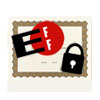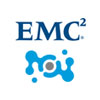
Apple Admits to Bugs, Denies Tracking iPhone Users
Apple finally sounded off on its phone tracking imbroglio on Wednesday
telling iPhone customers that “it’s the location, stupid.” The company
claims its tracking feature is designed to collect data on cell towers
and wifi hotspots, not users.











